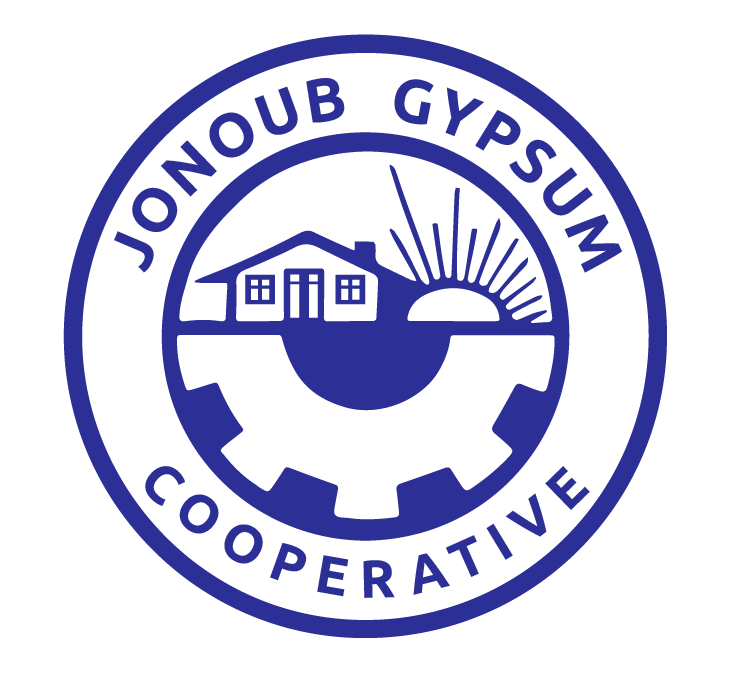Some Interesting plaster Characteristics

Some Interesting plaster Characteristics
Safety and protection principles of gypsum
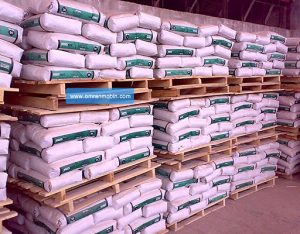
Identification of safety and protection principles of gypsum “landing, transporting, and storing tools and materials”
Important working tips
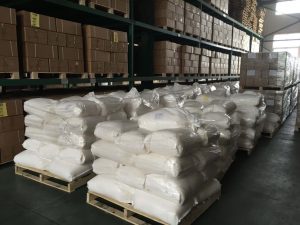
Some plasters cracks reasons
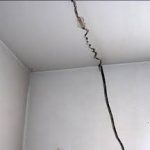
Common Causes of Cracks in Wall and Ceiling Plasters Cracks in wall and ceiling plaster are a frequent issue, often arising during the drying and hardening stages. Understanding the reasons behind these cracks can help in preventing and addressing them effectively. Here are some primary causes: 1. Water Content in the Mortar Mix Cause: If […]
Modifying gypsum plasters setting time
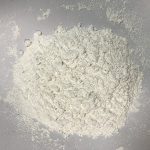
Gypsum Board Production (panels)
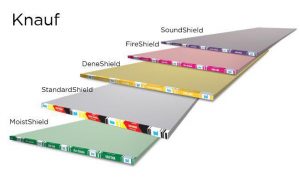
Gypsum boards or panels (plaster boards) are a general name for products prepared by mixing water and gypsum in which the gypsum particles are finer than building gypsum. The upper surface of all these gypsum-based panels is coated with other materials such as paper or fiberglass. Prefabricated gypsum walls are constructed as integrated panels. Gypsum […]
Drywall Production & Execution
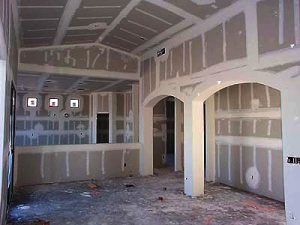
Stucco Types with precast instruments
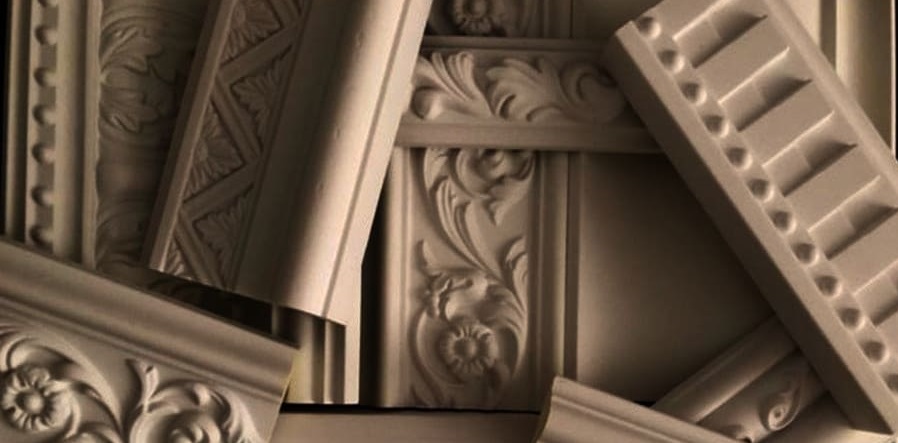
Stucco is an art related to architecture, suitable for decorative arts due to its formability, ease of use and usability. In general, stucco using precast instruments covers three categories below. 1_ Patterned (texture and surface) designs A surface (integrated or in fragmented parts. ) is regularly laid beneath a model such as patterns on […]
Different Stucco Types
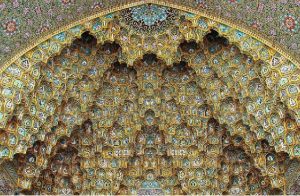
Common Terms about Plaster Mortars and Related Tools

